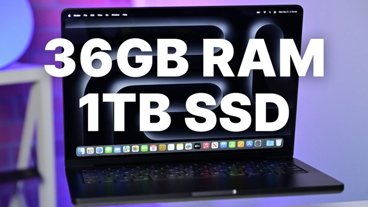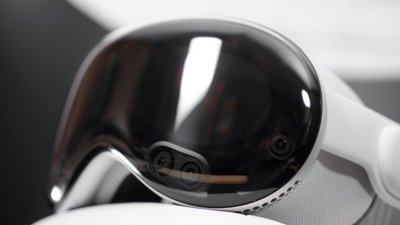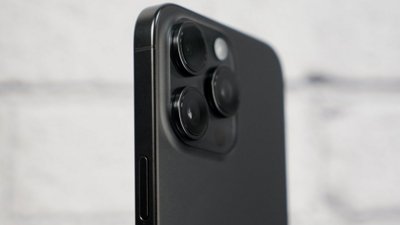Motorola puts blame on Google for lag on Android updates
Christy Wyatt, senior vice president and general manager of Motorola's Enterprise Business Unit, pointed a finger at her employer's future parent company in an interview with PC Mag earlier this week. According to her, optimizing Android to specific hardware profiles is a difficult task that handset makers must deal with after Google releases the software into the wild.
"When Google does a release of the software ... they do a version of the software for whatever phone they just shipped," she said. "The rest of the ecosystem doesn't see it until you see it. Hardware is by far the long pole in the tent, with multiple chipsets and multiple radio bands for multiple countries. It's a big machine to churn."
After support is finished for a handset's hardware, Motorola's custom software must then be added before the devices are re-certified by carriers, she said. Working with carriers also makes it difficult for Motorola to provide specific projections on when the updates for its devices will arrive.
"I would have to know that every single operator I have is going to want to upgrade every single product, and sometimes they'll want to control the timing ... it's just not easy to make that blanket statement," she told the publication.
Wyatt did boast that Motorola has beat out its competitors on multiple occasions. "More than once we've come out as the fastest to get to market with an upgrade," she said.
Several Android vendors, including Motorola, spoke up late last year to explain why the Android 4.0 Ice Cream Sandwich update would take months to arrive on their own devices. At the time, Motorola also attributed the delay to Google's decision to work with one device partner for a "Google Experience Device."
Though Motorola may be hoping to get an earlier look at Android software once Google's $12.5 billion acquisition of it is completed, Google has said it will run Motorola as a separate business and Android will "remain open."
In fact, Google has sent mixed messages about what exactly it intends to do with Motorola. A blog post from CEO Larry Page shortly after the deal was announced implied that the acquisition was mainly about shoring up Google's intellectual property portfolio to protect it from legal attacks by Apple and Microsoft. Chairman Google Schmidt, however, has emphasized the move was about more than just patents, as Motorola "has some amazing products." Meanwhile, Motorola competitors have said that Google reassured them that it would not become a "hardware manufacturer" by acquiring Motorola.
Samsung could stand the most to lose if Google begins to favor Motorola, as it has grown to become the world's second-largest smartphone largely by piggybacking off the Android platform. The South Korean handset maker has reportedly moved to strengthen its Bada smartphone platform and signed a patent licensing deal with Microsoft because it was unsure of the future of its relationship with Google.
 Josh Ong
Josh Ong












 Andrew Orr
Andrew Orr
 Wesley Hilliard
Wesley Hilliard
 William Gallagher
William Gallagher



 Malcolm Owen
Malcolm Owen










47 Comments
The irony with how Moto feels. Funny considering XDA devs can bring updates to phones, *relatively* bug free in less time than OEM's can
Ultimately Moto is to blame Christy, since it was their decision to outsource OS to a third party or not, and they have to answer to their customers for that, and blaming the subcontractor is a cop out.
... Google has said it will run Motorola as a separate business and Android will "remain open."
Strange bedfellows!
The irony with how Moto feels. Funny considering XDA devs can bring updates to phones, *relatively* bug free in less time than OEM's can
The slaves at XDA don't have to worry about dealing with customers when things like the camera or phone calls don't work due to various drivers not being properly coded.
The slaves at XDA don't have to worry about dealing with customers when things like the camera or phone calls don't work due to various drivers not being properly coded.
yea but teams like CM do bug testing BEFORE they release anything beta...they do release RCs but not betas or alphas even.
If they can do it in their free time a large billion dollar corporation can.
Now I'm sure, and I've said before (maybe not here) that Google can do a lot more to appease their customers' customers but to solely blame them is ridiculous.